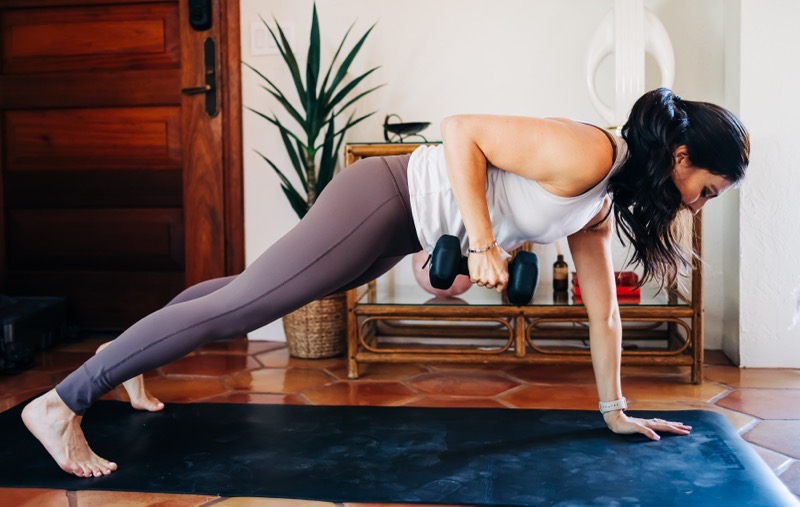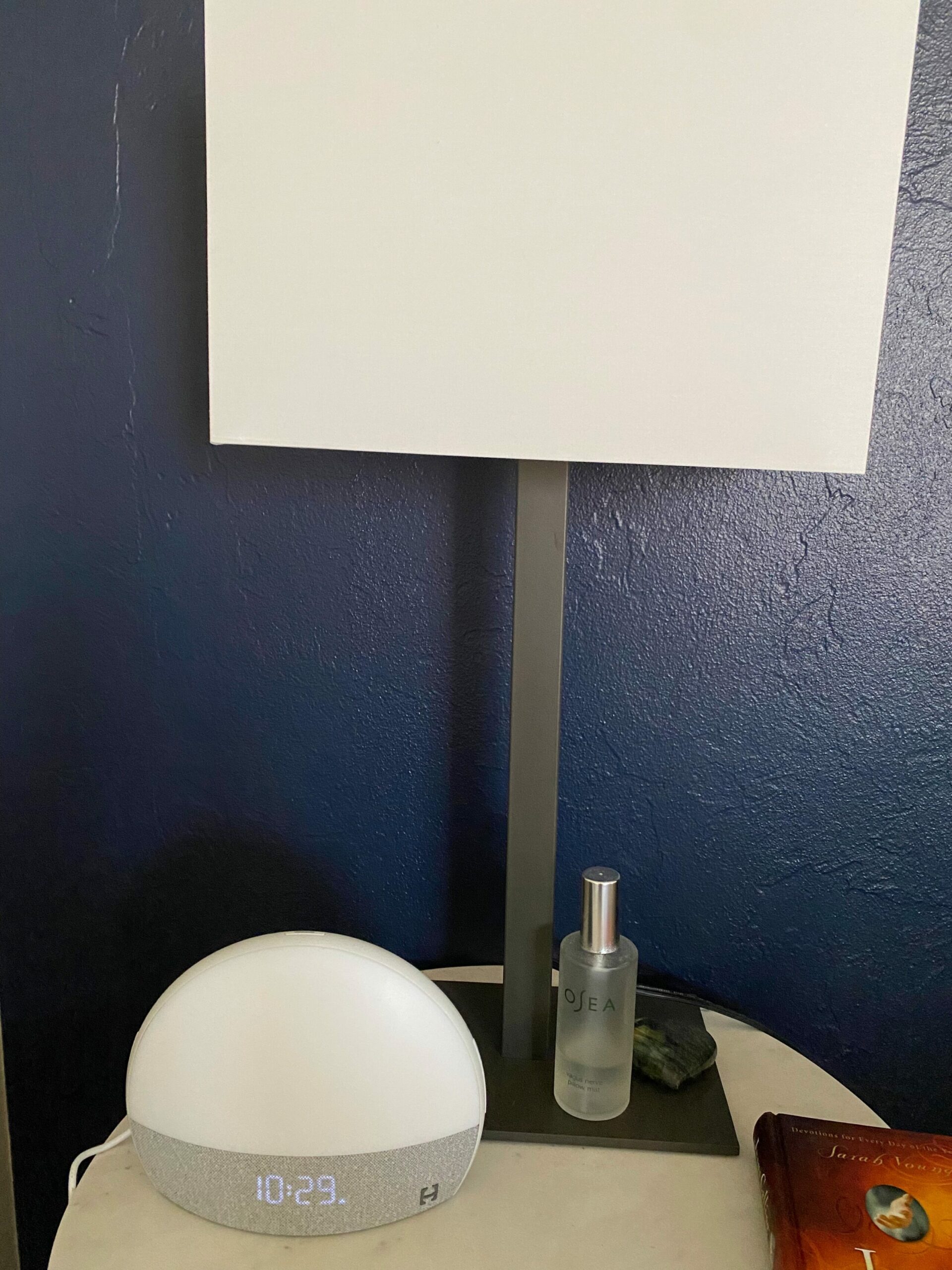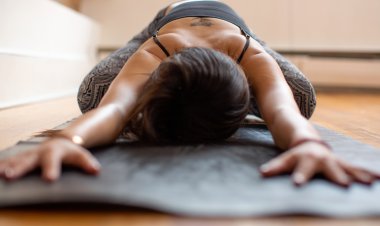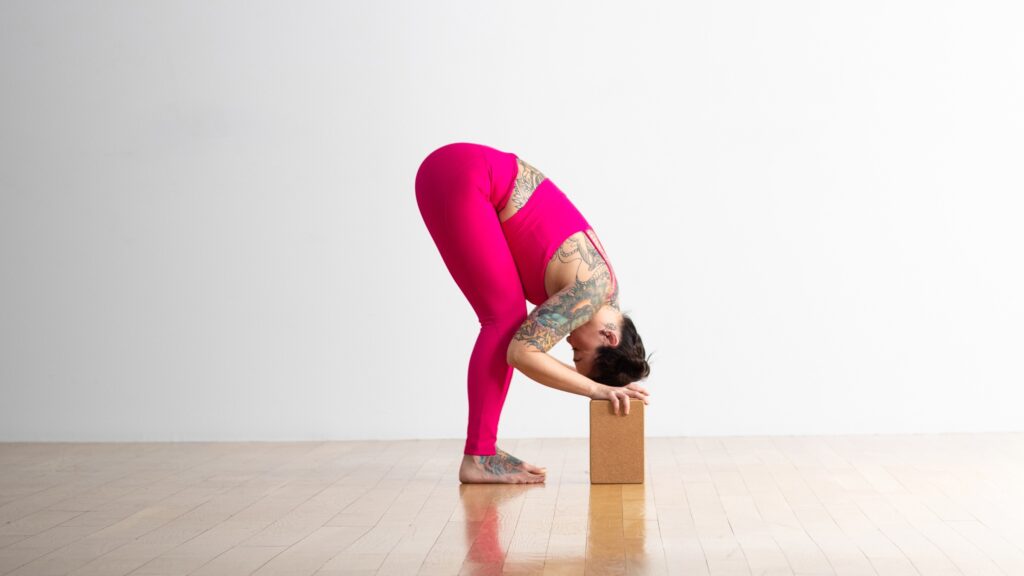Sleep hygiene hacks
Sharing some sleep hygeine hacks to help you get a better night’s sleep. Hi friends! Happy Monday! I hope that you had an amazing weekend. We’re back from a whirlwind trip to Vegas! It was such a blast to spend the weekend with friends in one of my favorite places. I’ll share some pics of… The post Sleep hygiene hacks appeared first on The Fitnessista.

Sharing some sleep hygeine hacks to help you get a better night’s sleep.
Hi friends! Happy Monday! I hope that you had an amazing weekend. We’re back from a whirlwind trip to Vegas! It was such a blast to spend the weekend with friends in one of my favorite places. I’ll share some pics of the shenanigans in Friday Faves!
Today, let’s talk about sleep!
In today’s fast-paced world, quality sleep has become a luxury rather than a necessity. Yet, it’s essential for our overall health and well-being. Sleep hygiene, the habits and practices that promote healthy sleep, plays a crucial role in achieving restorative rest each night.
10 Sleep Hygiene Hacks
In this blog post, I wanted to share 10 effective sleep hygiene hacks to help you optimize your sleep and wake up feeling refreshed and rejuvenated. (Little note: this is not medical advaice and I’m not a doctor. If you’re having trouble with sleep, please reach out to your health care provider.)
Establish a Consistent Sleep Schedule:
Maintaining a regular sleep-wake cycle helps regulate your body’s internal clock, making it easier to fall asleep and wake up naturally. Aim to go to bed and wake up at the same time every day, even on weekends, to synchronize your circadian rhythm.
Create a Relaxing Bedtime Routine: Develop a calming pre-sleep ritual to signal to your body that it’s time to wind down. This could include activities like reading a book, practicing gentle yoga or meditation, taking a warm bath, or listening to soothing music. Avoid stimulating activities or screens, which can disrupt melatonin production and hinder sleep.
Optimize Your Sleep Environment:
Transform your bedroom into a sleep-friendly sanctuary by optimizing your sleep environment. Keep the room cool, dark, and quiet, and invest in comfortable bedding and a supportive mattress. Consider using blackout curtains, white noise machines, or earplugs to block out external disturbances and promote deep sleep.
Limit Exposure to Blue Light:
Exposure to blue light from screens (phones, tablets, computers) in the evening can suppress melatonin production and interfere with sleep. Minimize screen time at least an hour before bedtime, or use blue light-blocking glasses or apps to reduce the impact of artificial light on your sleep cycle.
Watch Your Caffeine Intake: While caffeine can provide a temporary energy boost, consuming it too close to bedtime can disrupt sleep. Limit your intake of caffeinated beverages like coffee, tea, and soda in the afternoon and evening, and opt for decaffeinated options or herbal teas instead.

Practice Relaxation Techniques:
Incorporate relaxation techniques into your bedtime routine to calm your mind and body before sleep. Deep breathing exercises, progressive muscle relaxation, or visualization techniques can help alleviate stress and tension, making it easier to fall asleep and stay asleep throughout the night. Check out my post on meditation here. My sauna blanket and PEMF mat (code is FITNESSISTA15) are both amazing relaxation tools that I use frequently.
Avoid Heavy Meals and Alcohol Before Bed:
Eating large, heavy meals or consuming alcohol close to bedtime can disrupt digestion and interfere with sleep quality. Opt for lighter, nutrient-rich dinners and avoid excessive alcohol consumption, which can disrupt REM sleep and lead to fragmented sleep patterns.
Get Regular Exercise:
Regular physical activity can improve sleep quality and duration by reducing stress, anxiety, and depression, and promoting feelings of relaxation. Aim for at least 30 minutes of moderate exercise most days of the week, but avoid vigorous exercise close to bedtime, as it can be stimulating.

(Leggings are here // tank is here)
Manage Stress and Anxiety:
Chronic stress and anxiety can have a significant impact on sleep quality and quantity. Practice stress management techniques such as mindfulness, journaling, or seeking support from a therapist or counselor to address underlying issues and promote better sleep.
Consider Natural Sleep Aids: If you’re struggling to fall asleep or stay asleep despite implementing healthy sleep habits, consider incorporating natural sleep aids into your routine. I have a sleep protocol here. Options like melatonin supplements, magnesium, valerian root, or chamomile tea may help promote relaxation and support restful sleep.
By prioritizing sleep hygiene and implementing these 10 hacks into your nightly routine, you can optimize your sleep and reap the countless benefits of restorative rest. Remember that consistency is key, so stick to your sleep routine and be patient as your body adjusts to healthier sleep habits!
If you’d like to download my free Healthy Sleep checklist, the link is here!
Have a happy Monday and I’ll see ya soon!
xo
Gina
The post Sleep hygiene hacks appeared first on The Fitnessista.













